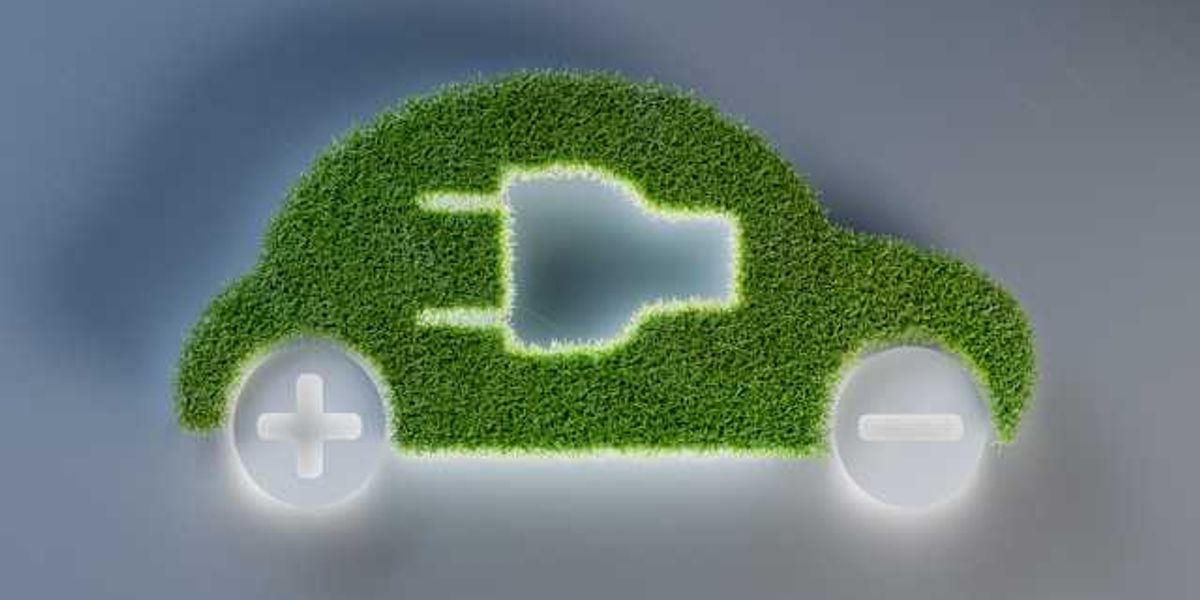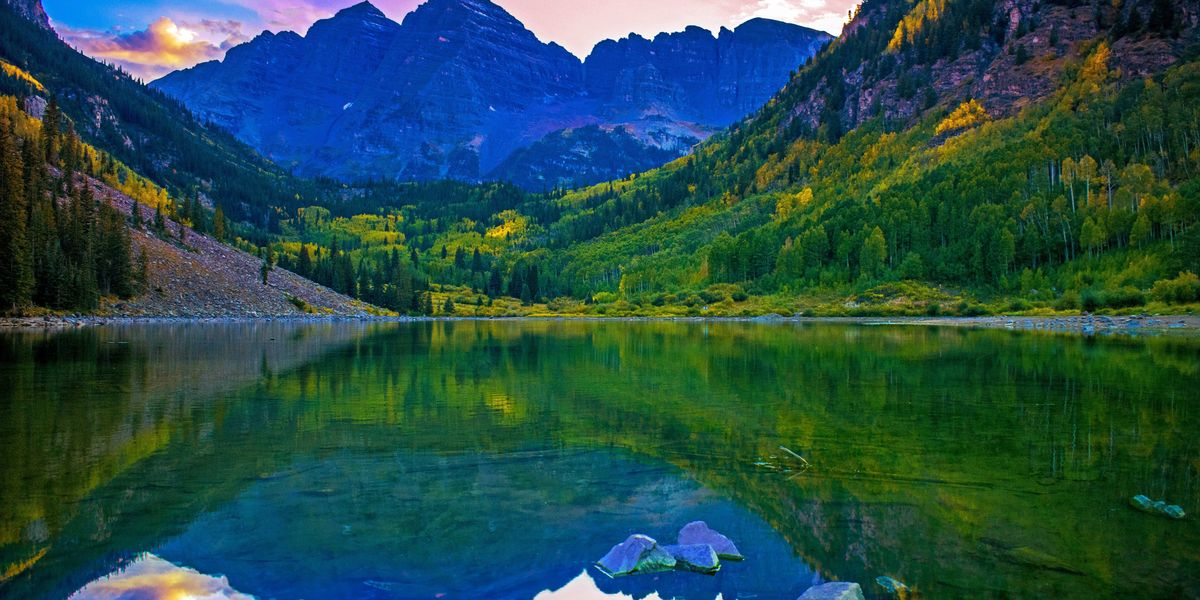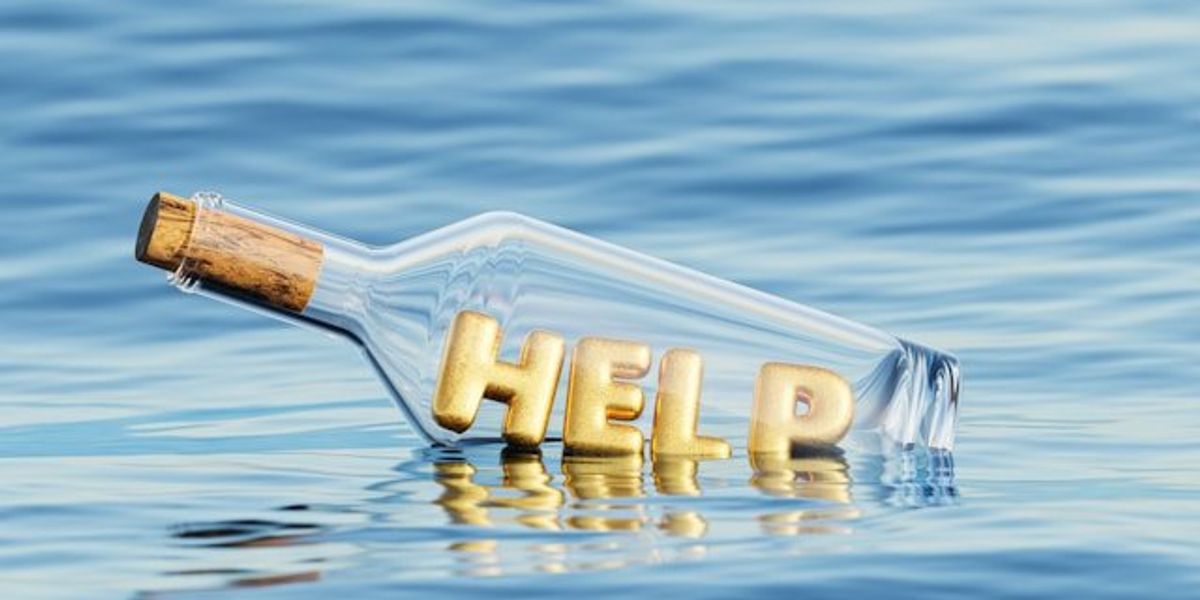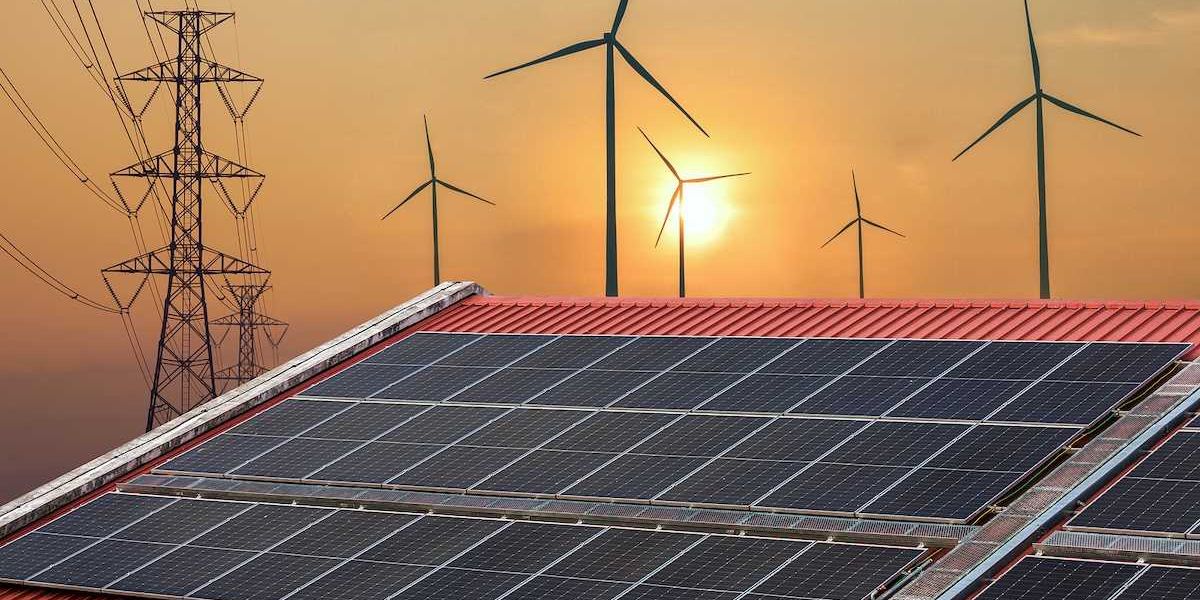Germany’s election signals a retreat from green politics
Germany’s latest election saw climate action pushed to the sidelines, with conservative and far-right parties attacking environmental policies and voters shifting away from the once-influential Greens.
Ajit Niranjan reports for The Guardian.
In short:
- Conservative leader Friedrich Merz, set to become chancellor, criticized environmental policies and distanced his party from NGO-led climate initiatives.
- The Greens lost votes but fared better than other coalition partners, though they are unlikely to be part of the new government.
- The far-right AfD, which denies the climate crisis, gained ground, while the center-right CDU/CSU has increasingly opposed regulations aimed at reducing fossil fuel use.
Key quote:
“Germany can act as an engine for Europe, helping forge a path towards security and resilience. It can also act as a brake, bringing it to a standstill.”
— Manon Dufour, head of climate thinktank E3G’s Brussels branch
Why this matters:
Germany’s climate ambitions face fresh uncertainty after recent election results signaled a shift away from aggressive environmental policies. As Europe’s largest economy — and its biggest polluter — Germany has long been a leader in shaping the continent’s approach to climate action. But with the far right gaining ground and mainstream conservatives pushing back against stringent green regulations, the country’s ability to meet its climate commitments is now in question.
The election results reflect a broader trend across Europe, where economic concerns, anxieties around energy security, and political backlash against environmental policies are slowing momentum on climate action. Germany had set ambitious targets, including a rapid transition away from fossil fuels and a push for clean energy, but those efforts now face growing resistance. Critics argue that stringent regulations place too heavy a burden on industries and households, particularly as the country grapples with high energy costs and economic uncertainty.
Read more: Far-right groups in Germany target climate policies













